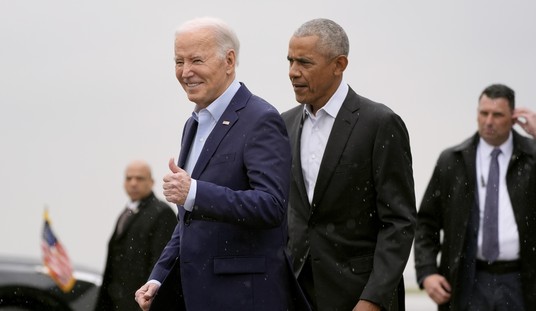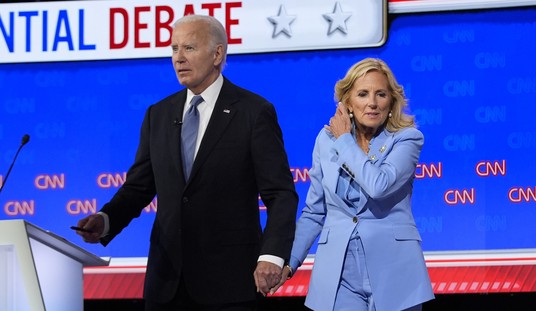What is it about the Chinese government that drives rational people to say the most obscenely complimentary things about it despite it’s abysmal human rights record and authoritarian bent?
Probably the same impulse that caused many Americans to admire the Italian fascist Benito Mussolini who could “make the trains run on time.”
In LaHood’s case, he thinks it’s just swell that decision making on infrastructure projects is in the hands of “3 people.”
Echoing the laments of pundits like Thomas Friedman of the New York Times, U.S. Transportation Secretary Ray LaHood argued Saturday that China outpaces the United States in building major transportation infrastructure like high-speed rail because of its authoritarian system and because the Chinese don’t have the Republican Party holding up progress.
“The Chinese are more successful [in building infrastructure] because in their country, only three people make the decision. In our country, 3,000 people do, 3 million,” LaHood said in a short interview with The Cable on the sidelines of the 2012 Aspen Ideas Festival on June 30. “In a country where only three people make the decision, they can decide where to put their rail line, get the money, and do it. We don’t do it that way in America.”
LaHood said that despite this, democracy is still preferable. “We have the best system of government anywhere on the planet. It is the best. Because the people have their say,” he said.
During his conference session at the festival, LaHood blamed Republicans in Congress, especially the Tea Party freshman class elected in 2010, for the relative lack of progress in moving forward with high-speed rail even though the administration has obligated more than $11 billion to the effort.
“Two years ago, between 50 to 60 Republicans were elected to the House of Representatives to come to Washington to do nothing, and that’s what they’ve done and they’ve stopped any progress. Those people don’t have any vision about what the government can do. That’s been a real inhibitor in our ability to think outside the box and think big,” he said.
“We used to be No. 1. We’re not No. 1 anymore. We’re No. 23,” he continued. “Previous generations have always left something to the next generation. We owe it to the next generation to leave them something. We shortchange the next generation if we don’t leave them high-speed rail. That’s our obligation.”
The only “big thinking” connected with high speed rail is how large the deficit will be after funding this white elephant. Or perhaps we should measure the “big thinking” in how enormous a lie it is to try and foist this outdated, outmoded form of transportation on the public.
For instance, try this lie on for size:
LaHood boldly predicted in his remarks at the conference that 80 percent of Americans will be connected with passenger rail within the next 25 years. He said that this will be accomplished through a series of commitments by the federal government, state governments, and the private sector.
“That’s how they did in Europe, that’s how they did it in Asia, and that’s how we will do it in America,” he said. “There’s no turning back on this. We’re not going to turn back. And you know why? Because that’s what the people want. That’s why… there’s no stopping high speed rail.”
LaHood’s “bold” prediction is based on fantasy. “I predict that 65% of Americans will own a unicorn in the next 25 years.” See? Anyone can do it.
As for people wanting high speed rail, perhaps we should look at the government’s experience with how popular Amtrak is? Oh…wait. Amtrak is wildly unpopular and getting moreso by the year. The rise in subsidies to keep it afloat is matched by the rise in the number of empty seats on all but a handful of its routes. To believe that people will want to use an unpopular mode of transportation that will need massive subsidies to keep it going while costing as much as the Gross Domestic Product of Denmark to build is loony.
Then, there’s always unicorns…










Join the conversation as a VIP Member